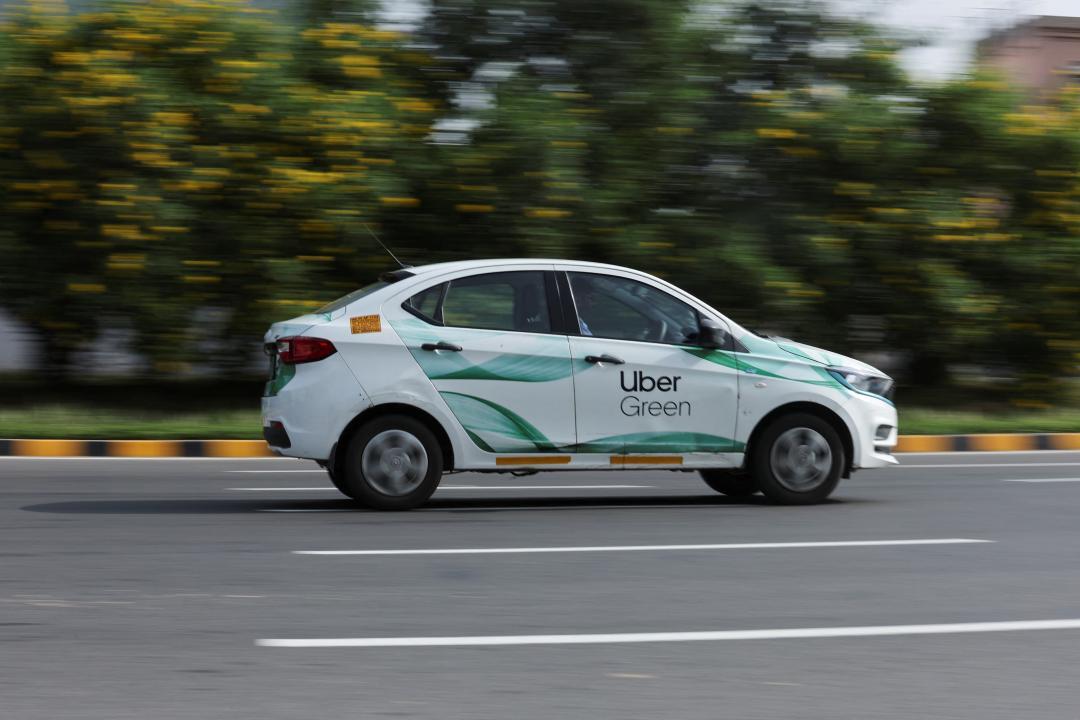
Why are Ola, Uber & Rapido drivers on indefinite strike in Mumbai?
In recent times, the streets of Mumbai have witnessed a surge in protests and strikes by various sections of society, demanding better working conditions, higher wages, and more. The latest addition to this list is the indefinite strike by Ola, Uber, and Rapido drivers in the city. The strike, which began on a massive scale, has resulted in longer wait times and fewer cabs on the road, causing inconvenience to commuters.
But what led to this strike, and what are the drivers demanding? In this blog post, we will delve into the reasons behind the strike and the demands of the drivers.
The Reason Behind the Strike
The drivers of Ola, Uber, and Rapido, who are the backbone of these ride-hailing services, have been feeling the pinch of rising fuel and maintenance expenses, which have significantly affected their earnings. According to reports, after deducting aggregator commissions and fuel expenses, the actual income of these drivers falls to just ₹8-12 per kilometre. This meager amount is unsustainable, especially in a city like Mumbai, where fuel prices are already high.
The Demands of the Drivers
The drivers, who are demanding a hike in their earnings, are seeking a minimum guaranteed fare of ₹20-25 per kilometre. They are also demanding a reduction in aggregator commissions, which they claim are exorbitant and eat into their profits. Additionally, they are seeking better working conditions, including a cap on the number of hours they can work in a day.
What are the Ride-Hailing Companies Saying?
When asked about the strike, a spokesperson for Ola said that the company is willing to engage in talks with the drivers and is open to finding a solution that benefits both parties. Uber and Rapido have also issued statements, expressing their willingness to negotiate with the drivers.
What Does This Mean for Commuters?
The strike has resulted in longer wait times and fewer cabs on the road, causing inconvenience to commuters. As the strike continues, it is likely to affect the daily lives of many Mumbaikars. The city’s transportation system is already overburdened, and the strike is only adding to the chaos.
Why Should We Care?
The strike by Ola, Uber, and Rapido drivers is not just a local issue; it has far-reaching implications for the entire gig economy. The drivers are demanding better working conditions and higher earnings, which is a reflection of the broader issues facing the gig economy.
Conclusion
The strike by Ola, Uber, and Rapido drivers in Mumbai is a wake-up call for the government and the ride-hailing companies to address the concerns of the drivers. The drivers are demanding better working conditions, higher earnings, and a more sustainable business model. As the strike continues, it is essential to engage in constructive dialogue and find a solution that benefits both parties.
Source:



